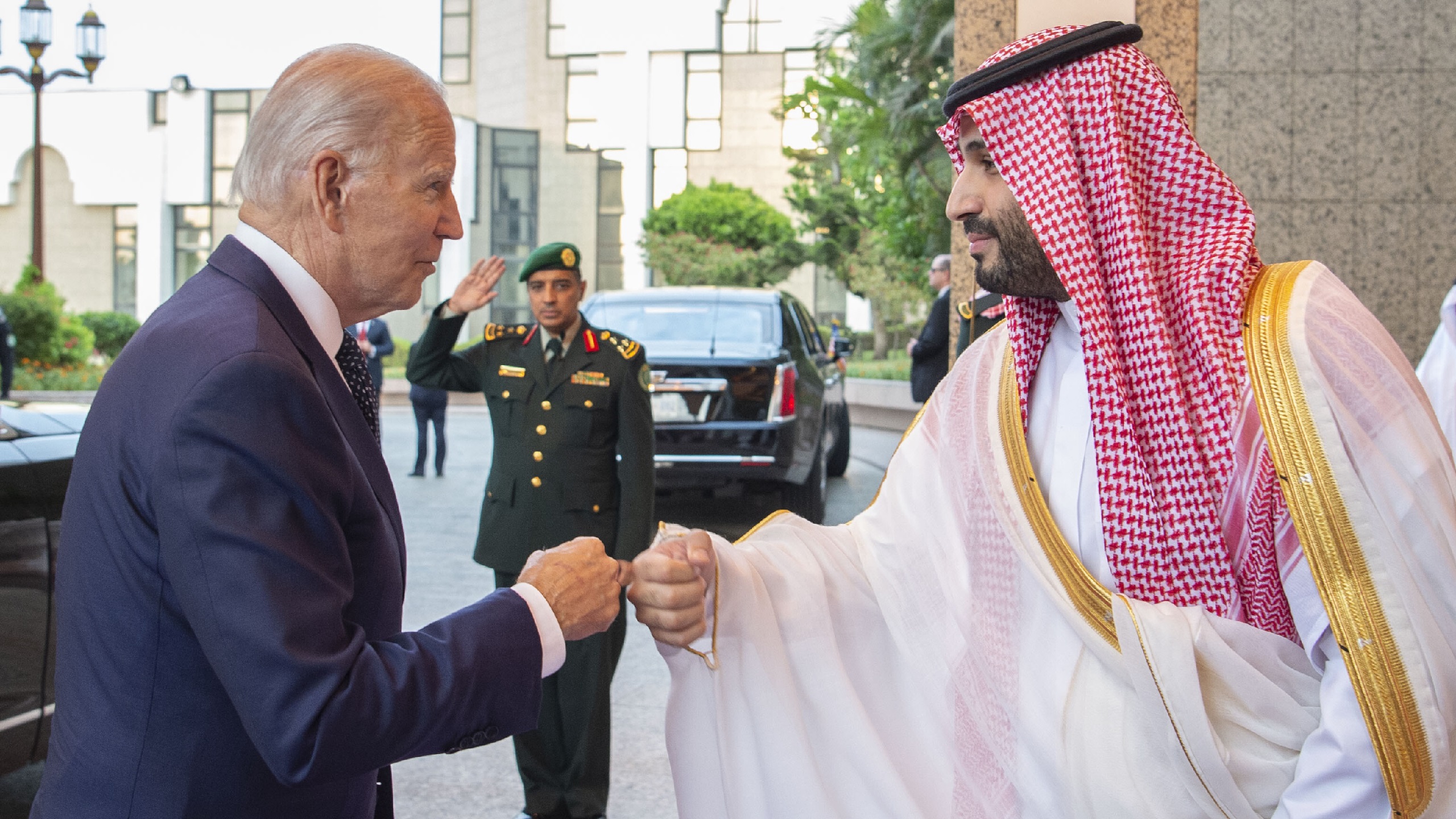Biden’s Visit to the Arab World: Caution in Assessment and Expectations
An-Nahar, Lebanon, July 20
There is caution among observers of Gulf politics over the new American policy toward the region. This is the same America that chose to ostracize and isolate Saudi Arabia only to later seek to warm up its ties with the Gulf leader against the backdrop of the war in Ukraine and the strategic competition with China. It is known that the Biden Administration made major mistakes in its relations with its historical allies in the region, which came in the context of the legacy of the era of former President Barack Obama and his strange bias toward what was called the “Iranian option” – that is, the ability to reach a nuclear agreement with Iran. The rapprochement with Iran was reminiscent of the policy of former US President Richard Nixon and his Secretary of State Henry Kissinger toward China, known as Détente, which constituted a historical turning point in international relations. There is caution in evaluating the results of President Biden’s visit to the region because it remains difficult to assess the credibility of the current US administration, as well as previous administrations in the past ten years, with regard to its policies in the region. The United States tended to view its Middle East allies as mere pawns in its greater geopolitical struggles. Today, however, the matter has changed, and America’s Middle East allies have become political powers in their own right. The region is no longer subjected to the monopoly of Western decision-making, although those countries that are allies of the United States have always considered Washington their first and most important strategic ally. The key difference is that Washington is no longer their only strategic ally or partner in the world. The behavior of successive US administrations, including that of former President Donald Trump, prompted the major allies to think about diversifying their relations, friendships, alliances and foreign partnerships according to their own interests. President Biden’s intention was to fix his country’s flawed relations with Saudi Arabia, the UAE, Egypt and even Israel, but he encountered new kinds of leaders who espouse their own reading of their interests and priorities. He also found ruling elites in the region different from the image that the West has historically formed, especially America, according to the “Hollywood” culture we know. America’s credibility in the region declined. The behavior of the Obama and Biden administrations regarding the Iran and the Afghanistan files served as a wake-up call for the countries of the region. Hence, the Arab Middle East reading of the results of the visit were very cautious, and Arab leaders refrained from putting all of their eggs in one basket. Furthermore, President Biden’s term is nearing its halfway mark, with the midterm elections for the US Congress just around the corner. Approval ratings for President Joe Biden according to major polling institutes are very low, reaching 30%. This reality reflects the fact that the administration is weak. In this case, it is difficult for major countries in a tumultuous region of the world to consider the current US discourse as a reassuring one. Experience has shown that America’s Middle East allies tend to be let down due to fluctuations in policies caused by changing administrations every four or eight years. Hence, there is extreme caution in approaching the renewed relationship with America. – Ali Hamada (translated by Asaf Zilberfarb)


